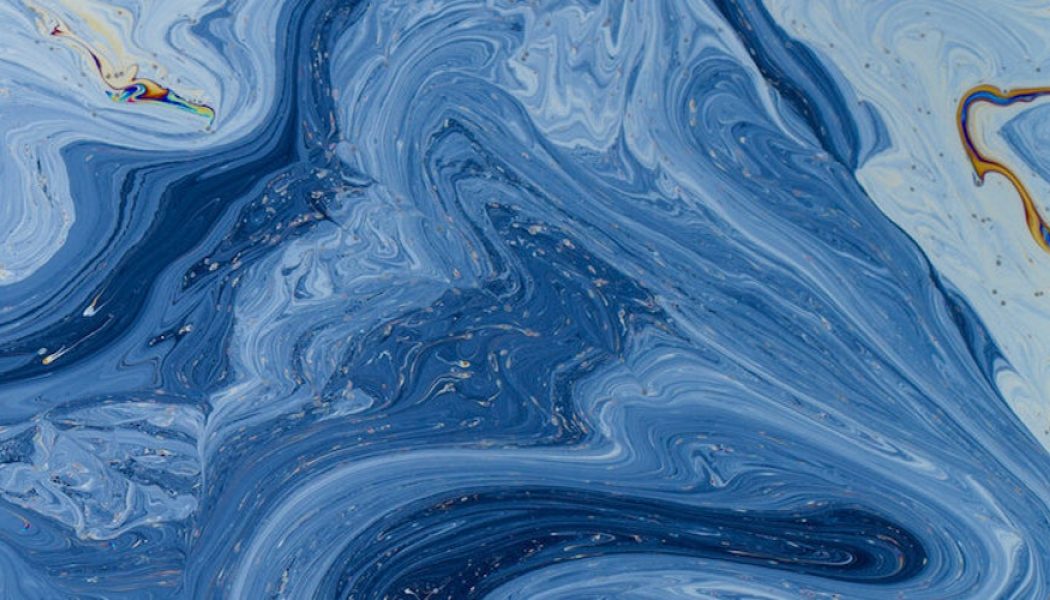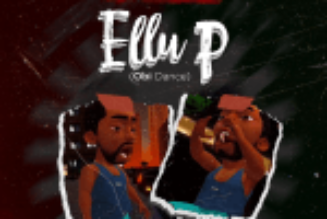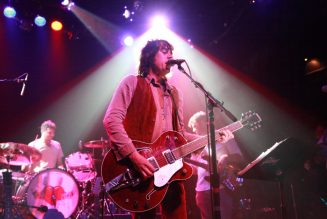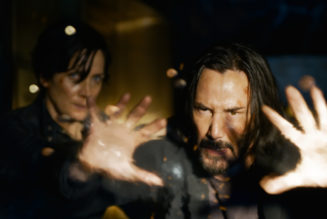
Sam Shepherd is a meticulous fellow. Whether he’s tracking down a rare piece of vinyl for his voluminous record collection, wiring up an arcane modular synthesizer, or putting together the latest iteration of his audiovisual live show, there’s an attention to detail at work that’s practically unrivaled in electronic music. (Shepherd also managed to complete a PhD in neuroscience a few years back, so he’s clearly no slouch in his other endeavors, either.) The London producer exudes a nerdy yet winning enthusiasm, and each step in his decade-long career has felt carefully considered. Even his impeccable 2015 debut album, Elaenia, which surprised many people by skirting the dancefloor almost entirely, turned out to be a natural evolution of his sound and craft.
Knowing this, it’s genuinely surprising that he created the latest Floating Points full-length, Crush, in only five weeks. The album was born in the aftermath of a 2017 tour opening for the xx. After touring Elaenia for a couple of years with a full live ensemble, Shepherd suddenly found himself alone onstage—in 20,000-capacity venues, no less—improvising with just a Roland drum machine and a Buchla synth. While he initially planned to keep things mellow, he quickly threw that plan out the window, choosing instead to embrace a more “chaotic” vibe and warm the crowd up with what he describes as “some of the most obtuse, strange, difficult music of my life.” It was a risky choice, but the shows left Shepherd feeling invigorated, and he was determined to continue these focused machine experiments once he returned to the studio.
Knowing that, you might expect Crush to be an intense, frenzied effort, but in Shepherd’s case, economy doesn’t preclude elegance. While certain elements—a distorted rhythm here, a shuddering synth there—can be traced back to those rough-and-tumble live shows with the xx, the LP as a whole is strikingly melodic and often beautiful, even in its most frantic moments. Take “Bias,” one of the LP’s strongest offerings: The track opens with subdued, almost pensive synth tendrils and brooding baritone, which intermingle and creep slowly skyward before a vibrant breakbeat sneaks in and eventually erupts, yanking the entire production onto the dancefloor.
Crush is not hurting for club-ready material. “Last Bloom” is another dancefloor cut with a cinematic streak, with a swinging, slightly off-kilter drum pattern nodding to UK garage as the song’s jaunty melodies bubble along. You could be forgiven for mistaking it for the work of Four Tet or Caribou, two of Shepherd’s closest friends. There’s also no missing “LesAlpx,” the album’s soaring, proggy first single. The track has a lot in common with 2014’s “Nuits Sonores,” arguably Floating Points’ most forceful tune to date, although “LesAlpx” actually goes much harder, veering into proper techno territory as Shepherd layers an array of crunchy modular melodies and technicolor synth blooms atop its sturdily galloping rhythm.
Shepherd has spoken often about his early clubbing experiences and their profound impact on his musical outlook, and Crush shows just how much his work carries on the legacy of London’s fertile club scene during the latter half of the 2000s. Those years saw early dubstep dancing alongside underground house, techno, garage, and a variety of leftfield rhythms, most notably in venues like Plastic People, which played host to all-night sessions from artists like Four Tet and Theo Parrish, along with groundbreaking dubstep nights like FWD>>. Experimentation and cross-pollination were paramount, and although this genre-melding moment was ultimately fleeting, it revitalized the UK scene and introduced a new generation of young producers, including Shepherd, whose initial flurry of releases began in 2009.
While Crush isn’t an explicit homage to Plastic People (which sadly closed in early 2015), the album does embody the club’s open-minded, music-first spirit. Although the scene that birthed him has long since devolved, Shepherd—a jazz-loving, vinyl-hunting, ensemble-building, classically trained outsider who only occasionally makes what could be described as proper dance music—has nevertheless become a prominent torchbearer for the ideals of that crucial era in UK electronic music. Crush is something of a return to Floating Points’ more dancefloor-oriented material from the first half of this decade, particularly in comparison to Elaenia and 2017’s jammy, rock-influenced Reflections – Mojave Desert, but the LP is also a sonically diverse effort with extended forays into modular synthesis, baroque new age, hyperactive IDM, and more.
The quieter passages are some of the album’s best. The stunning “Falaise” opens the record with a simmering cauldron of trembling synths and strings, the sense of drama building as the music gradually swells into an orchestral crescendo. More delicate is “Sea-Watch,” a gentle sketch that sounds like a melancholy lullaby constructed with a lightly buzzing modular set-up. “Requiem for CS70 and Strings” is another symphonic gem, its combination of classical sensibilities and Buchla-generated new-age wanderlust recalling the magic of Suzanne Ciani’s first solo albums.
Crush has its more experimental flourishes too, and it’s in these moments that you can best imagine Floating Points holed up in his studio, tinkering with his machines. The closing couplet of “Apoptose Pt. 1” and “Apoptose Pt. 2” is built atop a foundation of burbling Buchla rhythms, although Shepherd infuses both tracks with a twitchy energy that channels the percussive ping-pong of 1990s IDM. He takes things even further on “Anasickmodular,” where ethereal melodies and a sturdy garage beat are suddenly swept aside as the track disintegrates into a flurry of whirring synths and gnarled drum sounds. The element of chaos is something new for Floating Points, and while disorder may seem antithetical to his generally thoughtful approach, Crush offers proof that Shepherd has quickly learned to harness its noise and power. In a live setting, this material might have the potential to blossom into something unruly, but on the LP it comes across as more mischievous than deranged.
Perhaps a little bit of mischief is exactly what Shepherd needed. An album like Elaenia may have impressively distilled Shepherd’s influences into a single, long-form statement, but it also took him five years to finish and largely sidelined his dancefloor impulses. Crush, on the other hand, provides a more complete picture of his artistic outlook, bringing his club sensibilities back into the mix while also feeling like the most relaxed and confident Floating Points effort to date. Shepherd will likely always be someone who dotes on the details, but this time around, he was smart enough to realize that the five weeks he’d spent on Crush were enough. He’d done all he needed to do, and more importantly, he was happy with the result. Sometimes, the most important decision is knowing when to stop.
Buy: Rough Trade
(Pitchfork may earn a commission from purchases made through affiliate links on our site.)









